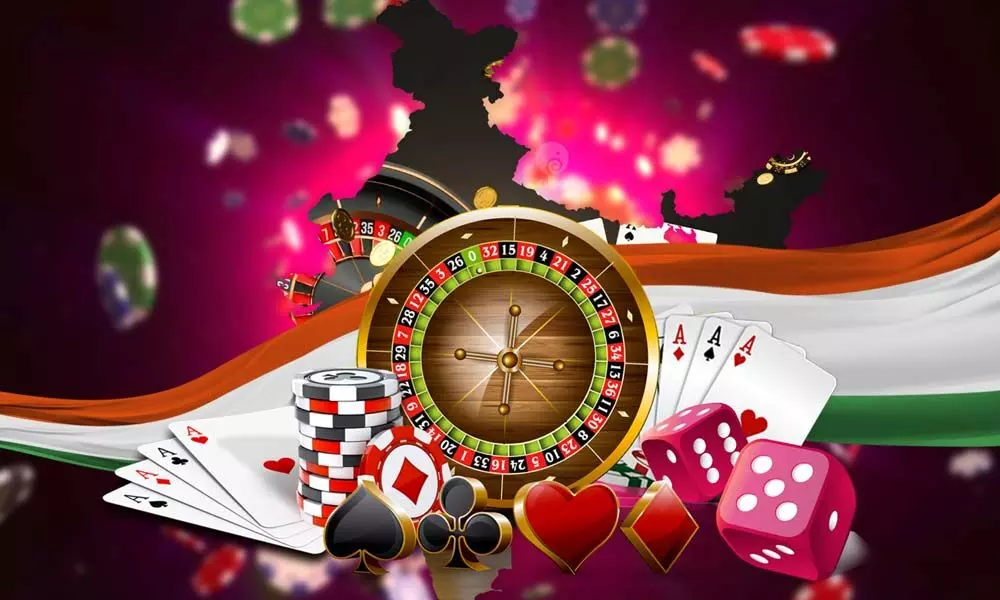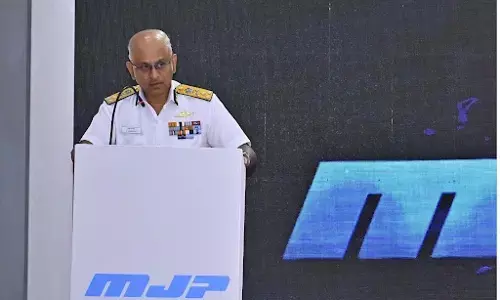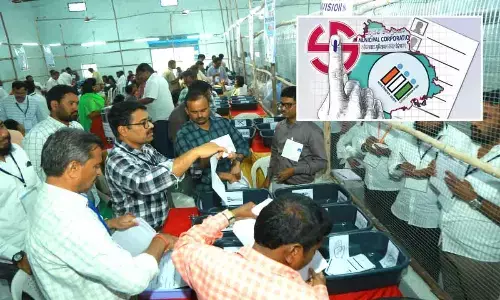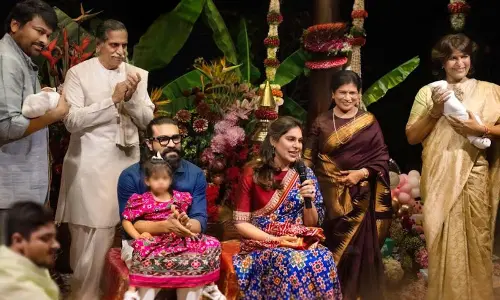Legalizing gambling in India—here's why it's necessary

Legalizing gambling in India—here’s why it’s necessary
As the popularity of online gambling continues to explode—not just in mobile-first India, but also globally—amid the ongoing coronavirus lockdowns, one important question lingers: when is the right time to regulate the industry?
As the popularity of online gambling continues to explode—not just in mobile-first India, but also globally—amid the ongoing coronavirus lockdowns, one important question lingers: when is the right time to regulate the industry?
Regulation, market oversight 'absent' in India: study
A new research carried out by H2 Gambling Capital on behalf of The International Betting Integrity Association (IBIA) placed 20 jurisdictions with different regulatory and licensing models, judging them based on five key criteria—unlimited licensing, competitive GGR tax, wide product offering, integrity provisions and balanced parameters—and awarding points out of 100. India and Australia are the only jurisdictions examined among the Asia-Pacific markets, and the study finds that India is at the bottom of the list with only nine out of 100 points.
"Regulation and market oversight, notably consumer protection, therefore remains absent across much of India," according to the study. "This has allowed related criminal activity the opportunity to flourish and continues to occupy the time of law enforcement bodies."
Analysts at SevenJackpots echo the same sentiment. In their latest research, aptly titled "When Should an Industry Regulate," the researchers point out how the country's "total regulatory uncertainty makes planning and investment difficult."
For law firm Touchstone Partners, there is hope for the sector. The law firm is currently reviewing the legal landscape of online gambling in India in partnership with ENV Media, and it sees the opportunities that the rapidly growing market can provide.
"We are hopeful that the Indian regulatory framework will be amended to encourage additional participation, not least because as a country we have much to gain from regulating activities such as gambling and betting," said Uday Walia, partner at Touchstone Partners.
Regulation addresses unresolved issues around taxation
"A regulated market is better than an illegally functioning one," according to the SevenJackpots research.
By regulating the gambling market, the government guarantees consumer protection, which can ultimately lead to great things for the country—including tax collection.
The tax situation in India remains largely unclear. The tax regime's requirements and categories are based on the outdated Public Gaming Act of 1867, with a number of legislative acts serving as other bases of India's gambling taxation. There's also Section 115BB of the Income Tax Act of 1961, which specifies that any winnings from lotteries, crossword puzzles, race betting, card games like Andar Bahar, Teen Patti, online rummy, and other games, as well as gambling or betting of any form or nature has a flat rate of 30% tax.
Then, there's the standardized goods and services tax (GST), which places a 28% tax rate on all entertainment events and services including casinos and race courses, and their related services. Recently, however, the government convened a group of ministers (GoM) to "examine the issue of valuation of services provided by casinos, race courses, and online gambling portals like Purewin and taxability of certain transactions in a casino, with reference to the current legal provisions and orders of courts."
With India's betting market estimated to be at INR 9,50,000 crore and online gaming is calculated to be worth INR 20,500 crore, there's no denying that a transparent regulation will bring benefits to India's coffers.
As the SevenJackpots report points out, "Examples of effective gambling regulation are found easily: licensing, taxation, and monitoring come first. Corruption and lobbying need to be rooted out with precise legal definitions, altogether raising consumer protection standards."








